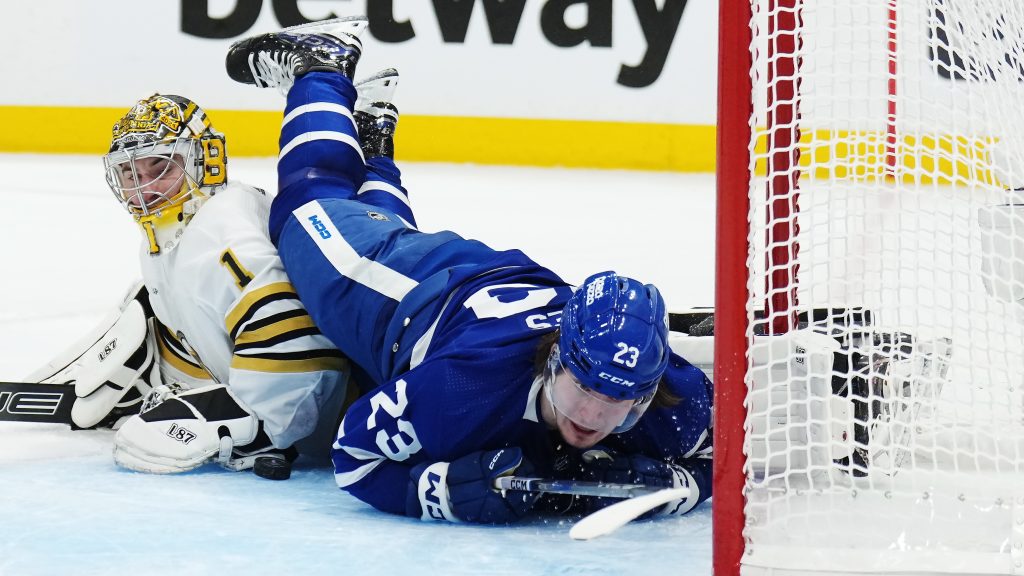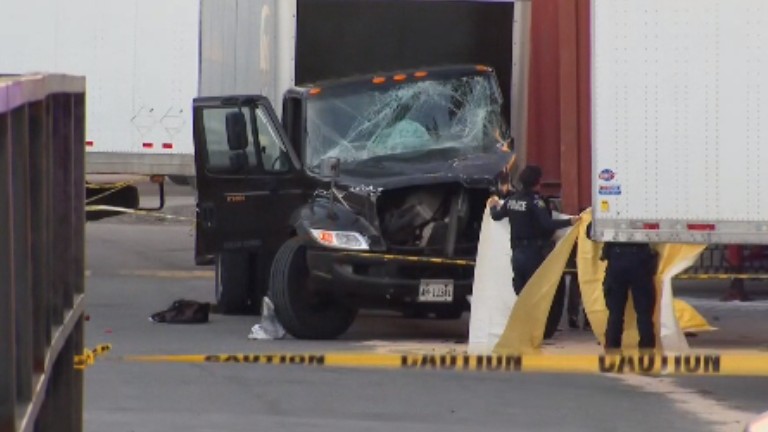Advance polls open in Toronto municipal race
Posted October 10, 2018 5:57 am.
Last Updated October 10, 2018 1:23 pm.
This article is more than 5 years old.
Voters keen to take part in Toronto’s municipal election began casting their ballots on Wednesday as the city’s advance voting period got underway.
Mayor John Tory, who was escorting his mother to one of the city’s 51 early polling locations so she could cast her vote, urged residents to follow suit and speak up in what has proven to be a particularly dramatic campaign.
Much of that drama resulted from the actions of Ontario Premier Doug Ford, who abruptly announced in July that he would be slashing the size of city council nearly in half despite the fact that the election campaign had been underway for months.
Although municipal elections will be taking place across the province on Oct. 22, Ford’s surprise move put the Toronto campaign under the spotlight.
Tory, who polls suggest has a comfortable lead over the most high-profile challenger Jennifer Keesmaat, kept the focus local on Wednesday and said he would try to play the hand Ford had dealt.
“My job is to work with the council and to make sure that that council … works with the other governments to get things done for Toronto,” Tory said. “I’ve certainly tried to do that over the last four years, as I will do over the next four years if I am re-elected.”
The comments echoed much of Tory’s campaign to date, which has focused on his track record since taking office in 2014. He cruised to victory after the tumultuous mayoralty of Ford’s brother, Rob, whose tenure was plagued with scandals involving substance abuse.
Rob Ford was poised to seek re-election when he withdrew from the race after being diagnosed with an aggressive form of cancer. His place on the ballot was then occupied by Ontario’s present premier, who finished second to Tory on election day.
Keesmaat, who worked as Toronto’s chief city planner through parts of both Rob Ford’s and Tory’s tenures, was a last-minute addition to the current mayor’s race.
Her campaign has been centred on specific, bold measures such as building 100,000 affordable housing units over the next decade, introducing a rent-to-own program for middle-class residents priced out of the current market, transit expansion, and a plan to shut down some city-owned golf courses for transformation into hubs approved by local communities.
Tory, meanwhile, has touted his record, which he said involved launching a transit pilot project on a stretch of one of Toronto’s busiest streets, keeping taxes steady, and taking measures to fight gridlock in the city.
He has also positioned himself as a mayor who can work with two very different leaders at the provincial and federal level, a claim that came under fire when Doug Ford announced his council bombshell in late July.
Tory said he was caught off-guard by Ford’s plan to align the city’s ward map with federal and provincial boundaries and slash the number of councillors from 47 to 25, but later conceded he had heard about the plan from the premier and dismissed it as impractical.
Tory wound up backing a city-led court challenge of the plan, which seemed poised to succeed when a judge ruled Ford’s plan was unconstitutional.
But Ford fought back, taking steps to invoke the federal notwithstanding clause to overturn the ruling and see the election conducted on the 25-ward model. In the end the clause was not invoked after an appeal court panel stayed the original decision.
Related Stories
Toronto mayoral candidates explain what they’d do if elected










